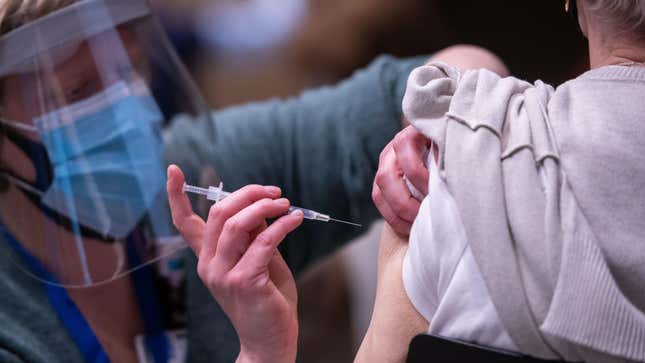Here's That Additional Covid-Related Stress You Didn't Ask For
Politics

Now, excuse me for saying this as I understand that it might be controversial to proffer such alarm, but covid-19? Is stressful. Just speaking personally, of course! Purely one woman’s opinion.
-

-

-

-

-

-

-

-

-

-

-

-

-

-

-

-

-

-

-

-

-

-

-

-

-

-

-

-

-

-

-

-

-

-

-

-

-

-

-

-








































